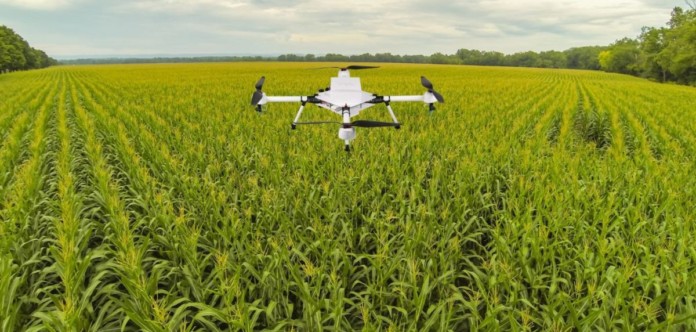NASSCOM,
The report highlighted the emergence of B2B startups, increasingly unsustainable B2C segment, signs of maturity among the agri-tech stakeholder ecosystem.
The agri-sector is growing at the 25% a year as some of the global and sector-focused funds are directly investing in it. As of June 2019, the report stated that the sector has received more than $248 million funding, a growth of 300% as compared to the previous year.
Debjani Ghosh, President NASSCOM, said: “India’s agriculture sector is advancing steadily towards digital transformation and the startup ecosystem is playing a critical role here, bringing innovation and disruption.
It’s interesting the report points out a considerable shift from B2C to B2B startups. Corporates and investors are playing a vital role in supporting this with over $200 million investment in B2B startups in the past 18 months, making it as a key
The report has demanded more, especially from state governments which have declared agriculture policies. They are: Setting up of catalytic or micro funds (ranging $2 to 14 million ) to spur innovation, offer support through incubation, acceleration, and catalytic funding, curriculum change in agriculture universities,
The bigger apprehension among entrepreneurs in the agri-tech start-up world is whether the eco-system will support their growth phase – after 3 years or so.











This is where the new skilling for sustainable livelihood is happening. Not in the automobile sector, where more and more people are moving away from personal transport to cabs.
I agree with Mr Debjani Ghosh about the growth of agriculture sector.
The entrepreneurs should have no apprehension. This sector has to continue to grow to meet the food and feed requirements and growing demand of quality food.